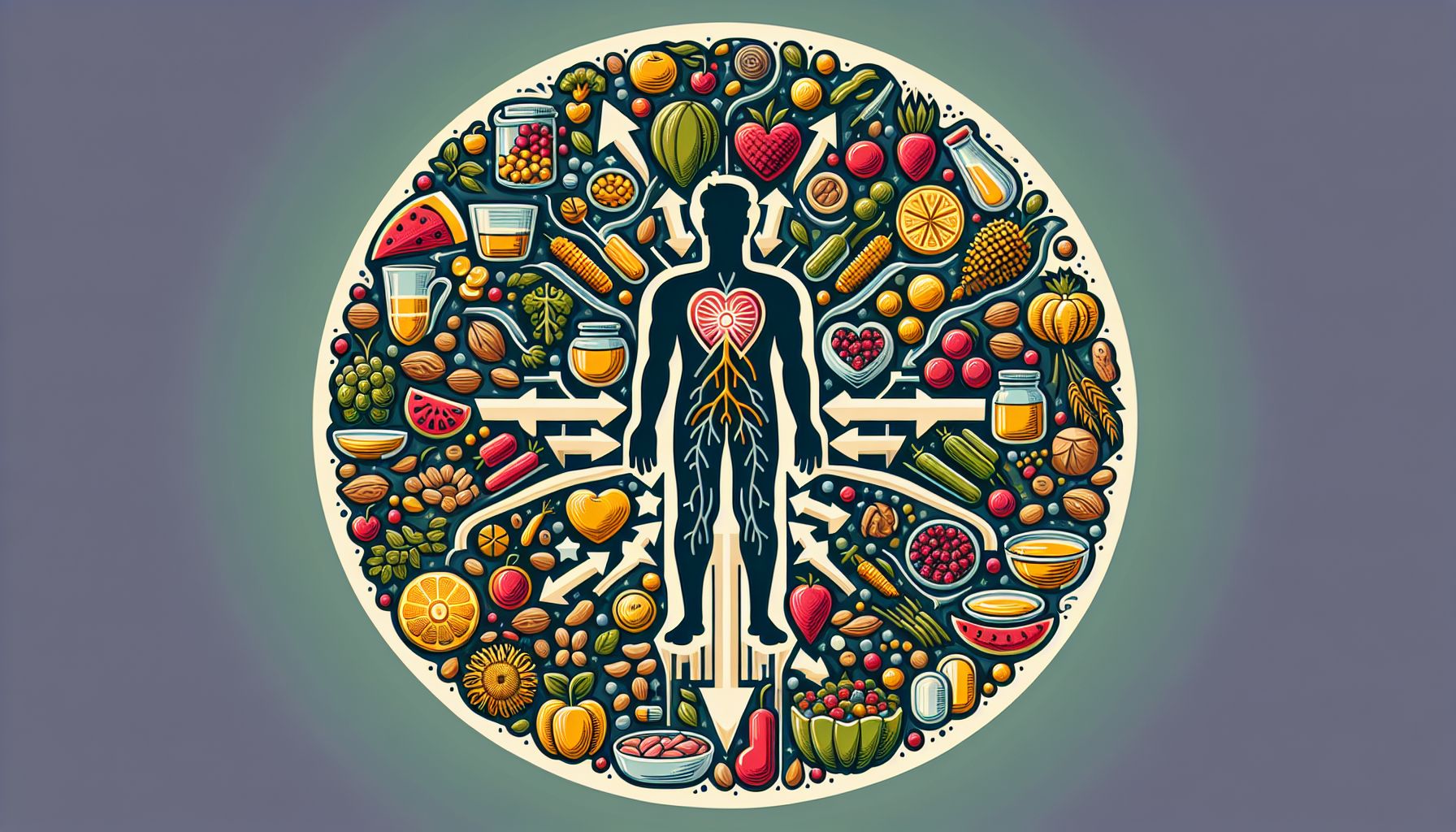Vitamins & Minerals: Essential Nutrients for Optimal Health

## Introduction to Vitamins & Minerals
Vitamins and minerals are vital nutrients that our bodies need to function correctly. They play critical roles in maintaining health, supporting growth, and preventing diseases. Understanding these nutrients, how they work, and how to incorporate them into your diet can significantly enhance your well-being.
## What Are Vitamins?
Vitamins are organic compounds that are necessary in small quantities for healthy growth and functioning. They are essential for various bodily functions, including metabolism, immunity, and digestion.
### Types of Vitamins
1. Water-Soluble Vitamins: These include vitamin C and all B vitamins. They dissolve in water and are not stored in the body, necessitating daily intake.
2. Fat-Soluble Vitamins: These include vitamins A, D, E, and K. They are absorbed with dietary fat and can be stored in the body’s fatty tissue.
### Mechanism of Action
Vitamins act as coenzymes or precursors for enzyme systems, helping to catalyze biochemical reactions in the body. For instance, vitamin D facilitates calcium absorption, while vitamin C is crucial for collagen synthesis.
### Common Sources
– Vitamin A: Carrots, sweet potatoes, and spinach
– Vitamin C: Citrus fruits, strawberries, and bell peppers
– Vitamin D: Sunlight, fortified milk, and fatty fish
– B Vitamins: Whole grains, eggs, and dairy products
## What Are Minerals?
Minerals are inorganic elements that also play key roles in bodily processes. They are critical for bone health, nerve function, and muscle contraction.
### Types of Minerals
1. Macrominerals: Needed in larger amounts, such as calcium, potassium, and magnesium.
2. Trace Minerals: Required in smaller quantities, including iron, zinc, and iodine.
### Mechanism of Action
Minerals contribute to structural functions like building bones and teeth, as well as regulatory roles like maintaining heart rhythm and hormone production.
### Common Sources
– Calcium: Dairy products, tofu, and broccoli
– Iron: Red meat, beans, and lentils
– Zinc: Nuts, shellfish, and whole grains
## Benefits and Uses of Vitamins & Minerals
### Health Benefits
– Boosting Immunity: Vitamins C and E are antioxidants that help protect cells from damage.
– Bone Health: Calcium and vitamin D work together to strengthen bones.
– Energy Production: B vitamins help convert food into energy.
– Wound Healing: Zinc and vitamin C are critical for tissue repair and growth.
### Recommended Intake
The Recommended Dietary Allowance (RDA) varies based on age, gender, and life stage. It’s essential to follow these guidelines to prevent deficiencies:
| Vitamin/Mineral | RDA (Adults) |
|—————–|————–|
| Vitamin A | 700-900 mcg |
| Vitamin C | 65-90 mg |
| Calcium | 1000-1200 mg |
| Iron | 8-18 mg |
Consult a healthcare provider for personalized recommendations.
## Possible Side Effects
While vitamins and minerals are crucial, excessive intake can lead to toxicity and adverse effects. For example, too much vitamin A can cause liver damage, while excessive iron may lead to gastrointestinal issues.
### Expert Opinions
Dr. Jane Smith, a registered dietitian, notes, “Balanced nutrition is key. Over-supplementation can be harmful. A varied diet typically provides all the nutrients you need.”
## Conclusion
Incorporating a diverse range of foods into your diet is the best way to ensure you’re getting the necessary vitamins and minerals. Supplements can be beneficial but should be used with caution and ideally under professional guidance. For quality supplements, visit our recommended site for trusted options.
Understanding vitamins and minerals is an integral part of maintaining a healthy lifestyle. By knowing their roles and sources, you can make informed dietary choices that support your overall health.
